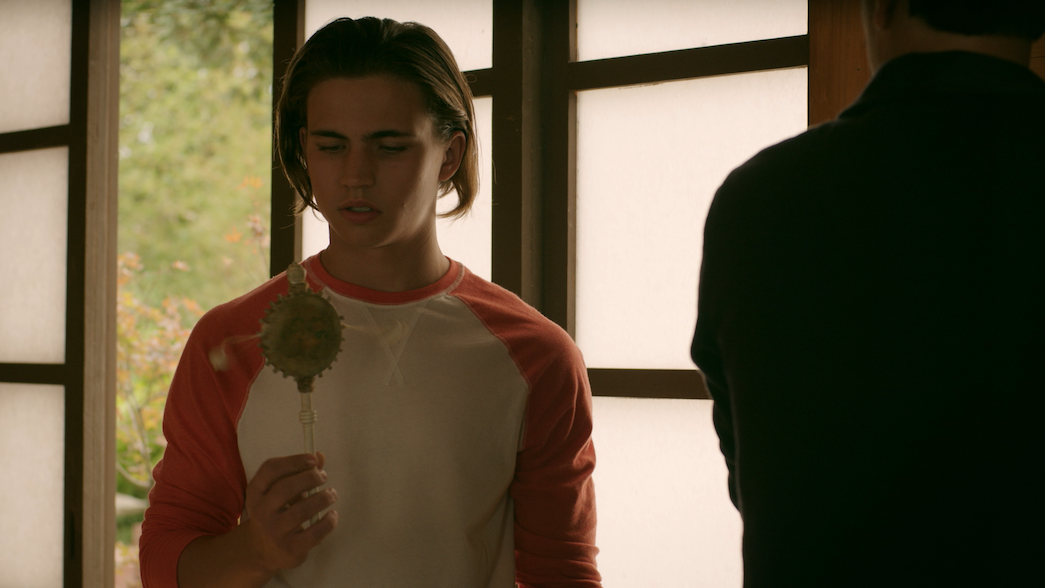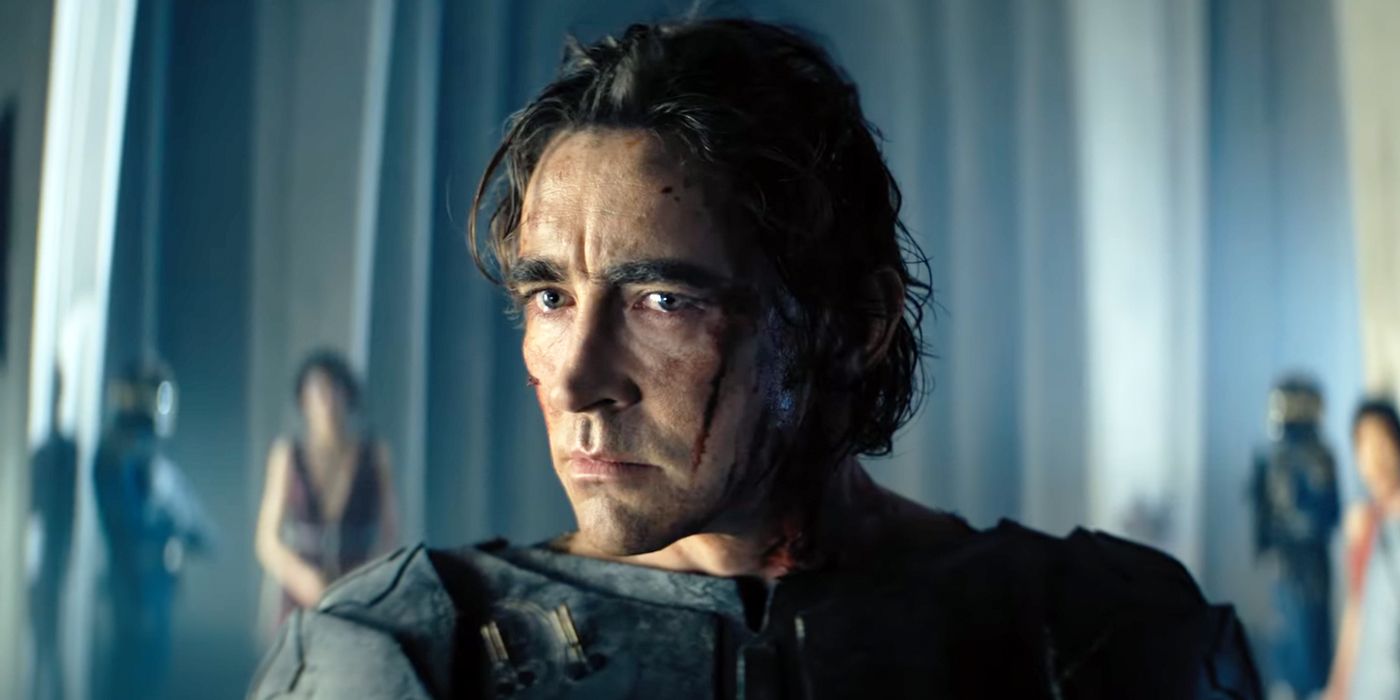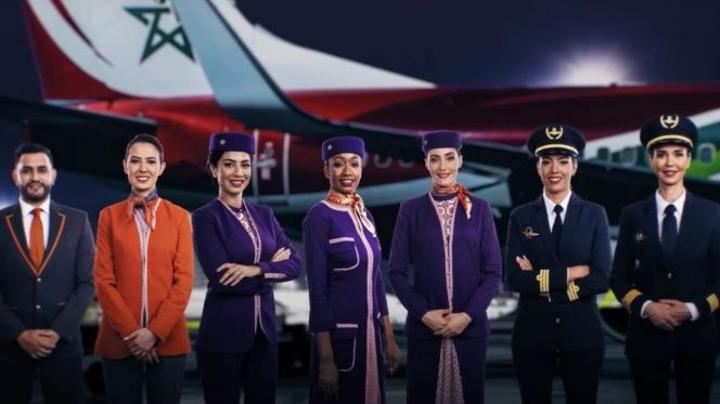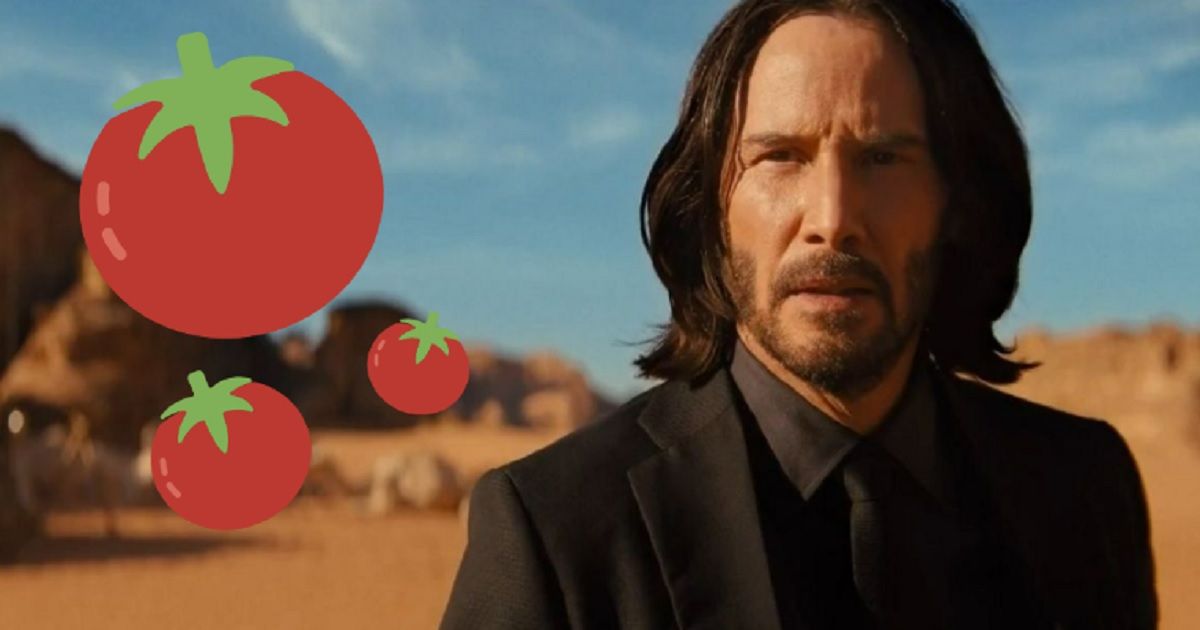The Karate Kid's Influence On Netflix's Cobra Kai

Table of Contents
Character Development and Story Arcs: Echoes of the Original
Cobra Kai masterfully revisits and expands upon the characters introduced in The Karate Kid, providing a compelling continuation of their journeys. The show’s success hinges on its ability to both honor the original while simultaneously offering fresh perspectives and complex character arcs.
Daniel LaRusso's Journey: From Underdog to Successful Adult
Cobra Kai picks up Daniel LaRusso’s story years after his victory in the All Valley Karate Tournament. His seemingly idyllic life, however, is far from perfect. The show explores:
- His struggles as an adult: Maintaining a successful business, navigating the challenges of family life, and dealing with the lingering trauma of his past.
- His business: His struggles to maintain his successful car dealership against competition and the emotional baggage that threatens to overwhelm him.
- His family life: The complexities of raising children and maintaining a fulfilling relationship.
- His continuing connection to Miyagi-Do Karate: How he upholds Mr. Miyagi's teachings and the role it plays in shaping his character.
This nuanced portrayal of Daniel LaRusso, far beyond the simple “underdog” of the original films, ensures a compelling and relatable character arc enriched with the Miyagi-Do Karate ethos. The character development is remarkable, providing depth and a continuation of the arc started decades prior.
Johnny Lawrence's Redemption Arc: A Second Chance
While The Karate Kid presented Johnny Lawrence as the antagonist, Cobra Kai offers a nuanced exploration of his past and presents a compelling redemption arc. We see:
- His motivations for reopening Cobra Kai: Exploring his past traumas and the reasons behind his actions.
- His relationships with his son, Robby, and Miguel: Complex relationships highlighting his flaws and potential for growth.
- His potential for redemption: His journey towards self-improvement and reconciliation.
The show skillfully portrays Johnny's character growth, revealing the complexities behind his actions and offering a chance at redemption. This Johnny Lawrence we meet isn't just a villain; he's a man grappling with his past and searching for meaning in his life, and his growth is a core aspect of the Cobra Kai dojo storyline.
Returning Characters and New Dynamics: A Legacy Continued
Cobra Kai effectively reintroduces familiar faces from The Karate Kid and introduces compelling new characters, creating fresh rivalries and deepening the existing conflicts.
- Kreese's return: The reappearance of John Kreese brings back the intensity of the original rivalry and adds a new layer of complexity to the story.
- The introduction of new students and their impact on the story: The new generation of karate students brings fresh perspectives, rivalries, and conflicts.
The skillful blending of legacy characters and new characters maintains the connection to the original while injecting new energy into the narrative, making the rivalries feel both familiar and fresh.
Thematic Resonance: Exploring Moral Ambiguity and Legacy
Cobra Kai cleverly subverts the simplistic good versus evil dynamic of The Karate Kid, delving into the moral ambiguities inherent in karate and self-defense.
The Morality of Karate: Beyond Simple Good vs. Evil
Cobra Kai challenges the simplistic portrayal of good versus evil by exploring the contrasting philosophies of Miyagi-Do and Cobra Kai:
- The contrasting philosophies of Miyagi-Do and Cobra Kai: Highlighting the different approaches to karate, self-defense, and life.
- The exploration of violence and its consequences: Showing the impact of violence on individuals and relationships.
This exploration of moral ambiguity and the nuances of the Miyagi-Do philosophy versus the Cobra Kai philosophy provide a deeper, more realistic portrayal of karate and its impact on the characters’ lives. The themes explored are far more mature and complex than the original.
Passing the Torch: Mentorship and Legacy
A crucial theme in Cobra Kai is the passing down of knowledge, skills, and philosophies, building upon the core message of The Karate Kid.
- Daniel mentoring Miguel: Showing the continuation of Mr. Miyagi's teachings and the importance of mentorship.
- Johnny mentoring Robby: An unexpected mentorship showcasing redemption and the possibility of change.
- The passing down of karate styles and philosophies: Highlighting the continuation of both the Miyagi-Do and Cobra Kai legacies.
The mentorship and legacy themes are central to Cobra Kai, illustrating how the passing the torch of karate styles and philosophies shapes the next generation. This underscores the enduring power of the original film's message.
Visual and Auditory Elements: Homages and Nostalgia
Cobra Kai masterfully uses visual and auditory elements to engage fans and enhance the nostalgic connection to The Karate Kid.
Visual Homages and Callbacks: A Feast for the Eyes
The show is filled with subtle and overt references to the original films, creating a powerful sense of nostalgia:
- Specific examples of scenes, locations, or costumes that evoke The Karate Kid: From recreating iconic scenes to subtly incorporating familiar elements into the set design.
These visual homages and callbacks are cleverly integrated, delighting long-time fans while seamlessly weaving the story forward. The set design and overall visuals are meticulously crafted to capture the essence of the original while updating it for a modern audience.
Music and Soundtrack: Enhancing the Emotional Resonance
The soundtrack plays a critical role in evoking emotions and enhancing the thematic resonance:
- How music is used to create specific moods and evoke emotions: Using iconic music from The Karate Kid alongside new compositions that capture the show’s tone and atmosphere.
The music and soundtrack are thoughtfully chosen and used to evoke nostalgia and specific emotional responses. This sound design plays a vital role in the show's overall success.
Conclusion: The Lasting Impact of The Karate Kid on Cobra Kai
Cobra Kai is more than just a sequel; it's a testament to the enduring power of The Karate Kid's story and themes. By expanding upon the original’s characters, exploring complex moral ambiguities, and masterfully utilizing visual and auditory callbacks, Cobra Kai successfully builds upon the Karate Kid legacy. The show's success rests on its ability to honor the original while forging its own compelling narrative. The character development, thematic resonance, and effective use of nostalgic visuals and audio all contribute to a truly captivating sequel series. Watch Cobra Kai on Netflix to experience this captivating continuation and witness the profound influence of the original Karate Kid films. Experience the continuing story, watch Cobra Kai Netflix today and join the conversation surrounding the Cobra Kai sequel. Don't miss out on this epic continuation of the beloved Karate Kid legacy!

Featured Posts
-
 Las Vegas Aces Megan Gustafson Faces Indefinite Absence Due To Leg Injury
May 07, 2025
Las Vegas Aces Megan Gustafson Faces Indefinite Absence Due To Leg Injury
May 07, 2025 -
 Warriors Rockets Matchup Pace And Power Collide
May 07, 2025
Warriors Rockets Matchup Pace And Power Collide
May 07, 2025 -
 Alkhtwt Almlkyt Almghrbyt Tkhtt Lzyadt Edd Rhlatha Byn Saw Bawlw Waldar Albydae
May 07, 2025
Alkhtwt Almlkyt Almghrbyt Tkhtt Lzyadt Edd Rhlatha Byn Saw Bawlw Waldar Albydae
May 07, 2025 -
 John Wick 4s Rotten Tomatoes Score A Critical Analysis Of The Franchises Lowest Rated Film
May 07, 2025
John Wick 4s Rotten Tomatoes Score A Critical Analysis Of The Franchises Lowest Rated Film
May 07, 2025 -
 From 5 Minutes To 1 6 Billion Streams The Unexpected Journey Of A Rihanna Song
May 07, 2025
From 5 Minutes To 1 6 Billion Streams The Unexpected Journey Of A Rihanna Song
May 07, 2025
